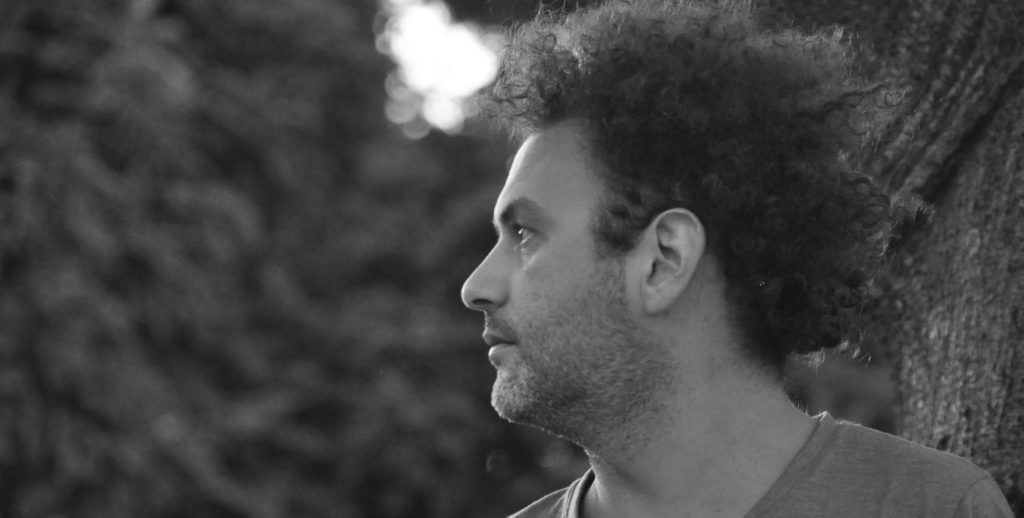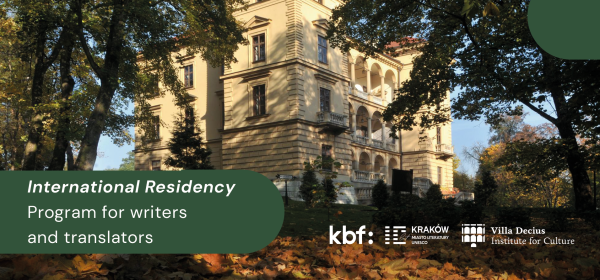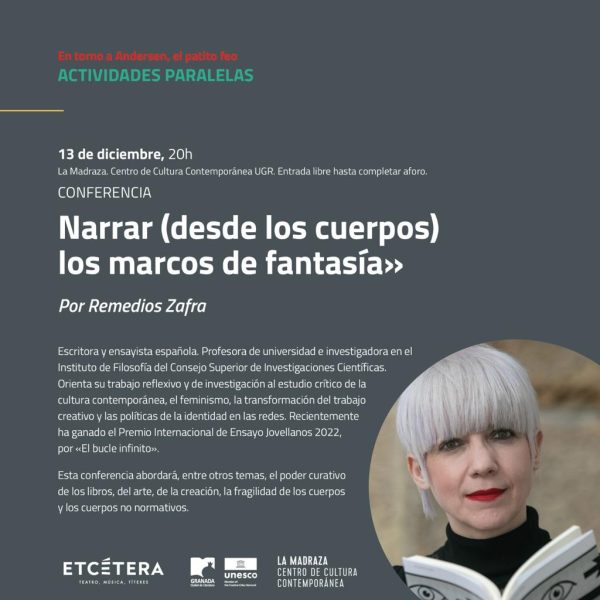Iosi Havilio and Paulina Flores win the 2021 edition of the International Writers-in-Residence Programme in Granada

After a break in 2020 due to covid-19, in 2021 the Granada International Writers-in-Residence Programme has once again launched a worldwide call for applications through the UNESCO Cities of Literature network, which in its fourth edition has generated great interest and a very high quality of applications.
A total of 70 applicationswere submitted from the following countries: Germany (2), Argentina (1), Australia (1), Belarus (1), Bulgaria (3), Chile (4), Colombia (1), Cuba (1), Egypt (1), Slovenia (1), Spain (3), United States (3), Hungary (1), India (2), Indonesia (3), Iraq (2), Iran (12), Iceland (1), Ireland (1), Malaysia (1), North Macedonia (1), Mexico (3), Mozambique (2), Poland (3), Portugal (1), Serbia (1), Slovenia (1), South Africa (2), Spain (3), United Kingdom (5), United States (3) and Venezuela (3).
Jury’s decision
Meeting at the Federico García Lorca Centre on 30 September 2021, the jury, composed of Jesús Ortega, representing Granada UNESCO City of Literature (Department of Culture of Granada City Council), Pilar Núñez, representing the University of Granada, and the writer Ioana Gruia, have agreed to award the two grants for the fourth edition of the International Writers in Residence Programme in Granada to Iosi Havilio (Argentina)and Paulina Flores (Chile)for the solidity and quality of their literary careers, established and mature in Havilio, in full expansion and development in Flores, as well as for their strong commitment to literature, both in terms of formal research and reflection on the most difficult contemporary issues. In addition to the possibilities of connection with the local literary and cultural scene, the novel-writing projects that both have presented to work on during their stay in Granada have also been valued, a novel of great formal complexity and length, in dialogue with tradition and with approaches of moral and political depth in the case of Havilio, and a novel that, from satirical and comedy, dives into the most contemporary languages and themes, in the case of Flores.
Iosi Havilio

Buenos Aires, 1974. He studied philosophy, music and film and published the novels Opendoor (2006), Estocolmo (2010), Paraísos (2012), La serenidad (2014), Pequeña flor (2015), recently brought to the big screen, and Vuelta y vuelta (2019). His books have been translated into English, Italian and French among other languages. He has participated in several anthologies and has collaborated on scripts writing. Currently, while working on his next novel, he offers courses and lectures for the university degree in Arts of Writing, at the UNA (Argentinian University) and for the Master in Creative Writing at the UNTREF (Argentina).
Paulina Flores
Paulina Flores (Santiago de Chile, 1988) has a degree in Hispanic Literature. In 2016 she published the short story collection Qué vergüenza (Hueders, 2015; Seix Barral, 2016), winner of the Roberto Bolaño Prize, translated into a dozen languages. In 2021 she was selected by Granta as one of the 25 best Spanish writers under thirty-five years of age. She has just published her first novel, Isla Decepción (Seix Barral, 2021).
Winners of past editions of the Granada International Writers-in-Residence Programme
2017: Kirsty Logan (Scotland, UK) and Petra Zist (Slovenia)
2018: Sahar Delijani (Iran-USA) and Aleksandra Lipczak (Poland)
2019: Marli Roode (South Africa-UK) and Luciana Jazmín Coronado (Argentina)
Involved institutions
Granada UNESCO City of Literature, which depends on Granada City Council’s Department for the Arts, in partnership with the University of Granada (through its University Extension Unit, International Development Unit, and Social Responsibility, Equality and Inclusion Unit), is launching a new international Granada Writers in Residence Programme. The purpose of this programme is to strengthen international partnerships in the arts sector in general and in the field of writing in particular, which is one of the main objectives set by the city of Granada as a member of the UNESCO Creative Cities Network (UCCN).




